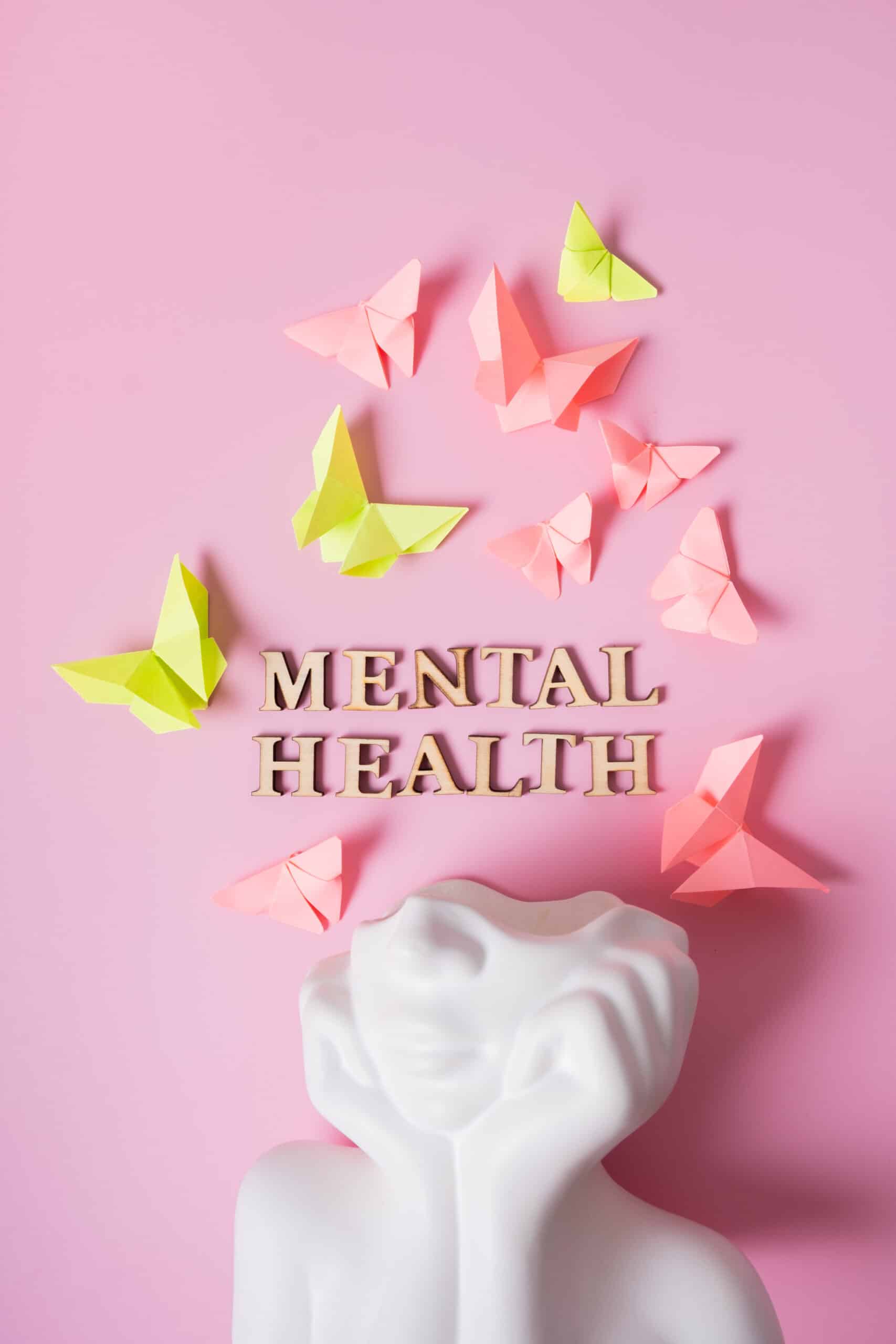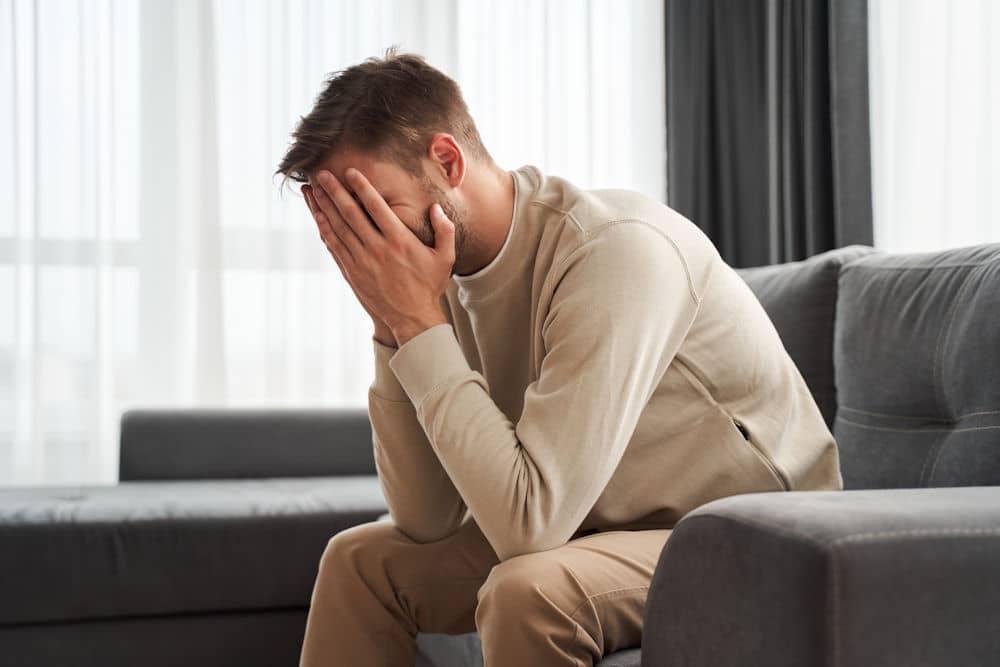When it comes to addiction recovery, the person addicted to drugs cannot maintain sobriety without support. Because addiction is a disease of isolation, effective addiction treatment and long-term addiction recovery always include peer support. Peer support groups like Alcoholics Anonymous and Narcotics Anonymous serve as a fundamental component of nearly all effective recovery programs. Why is support so important to those who have been struggling with substance abuse and dependence? Support is essential because:
- Without support, a person is left to their own devices. People who have recently struggled with addiction likely still experience intense psychological cravings, and these cravings can easily become overwhelming and lead to relapse. When a person has the support, they have someone they can reach out to if they start to feel unstable in their sobriety; someone who can effectively talk them off of a ledge.
- It is important for people who have struggled with addiction to know that they are not alone. As previously mentioned, addiction is a disease of isolation. It is extremely common for people who have struggled with addiction to feel that no one can relate to their situation. Knowing that others have been where they are and can relate on a deep and authentic level helps them feel supported and understood.
- It can be difficult to navigate early sobriety without the guidance and encouragement of others. It is also far easier to avoid relapse with the support of family members and close friends. Because it is so important to support addicted individuals, it is always a good idea to thoroughly educate yourself on the disease model of addiction. This will help you come from a supportive place of compassion and understanding.
Table of Contents
ToggleHow Can I Support an Addicted Loved One?
There are many ways in which you can support an addicted loved one. Some of the best ways to show your support without compromising your own mental and emotional well-being include:
- Educate yourself on the disease of addiction. Addiction is extremely complex, and when you understand how it operates like a brain disease, you become better equipped to handle your addicted loved one in a compassionate and caring way.
- Seek support from a support group that was specially designed for the loved ones of addicts and alcoholics, like Al-Anon. Going to a support group like Al-Anon regularly will help you feel less alone while helping you better understand your role in the situation.
- If you have been deeply affected by watching someone you love struggle with addiction, take whatever steps are necessary to get your own mental and emotional health back on track. This might mean meeting with a licensed therapist with a personal background in addiction and the family or simply taking time to engage in self-care routines regularly.
- If your loved one ever needs recovery-related help, like a ride to a 12-step meeting or two their IOP program, be sure to help so long as it doesn’t put you out. Make sure you prioritize yourself and let your loved ones know that if they need help getting to where they need to be, you will be there whenever you can be.
Agape Treatment Center – Family-Centered Addiction Recovery
At Agape Treatment Center, we work closely with our clients’ loved ones, providing them with the resources and services they need to heal simultaneously. We understand how difficult it can be to watch a loved one struggle with active addiction.
Doing so can easily result in compromised mental and emotional well-being. Therefore, it is important that as your loved one enters into a recovery program, you are taking the necessary steps to heal yourself simultaneously. To learn more about Agape Treatment Center and our family-oriented recovery program.


